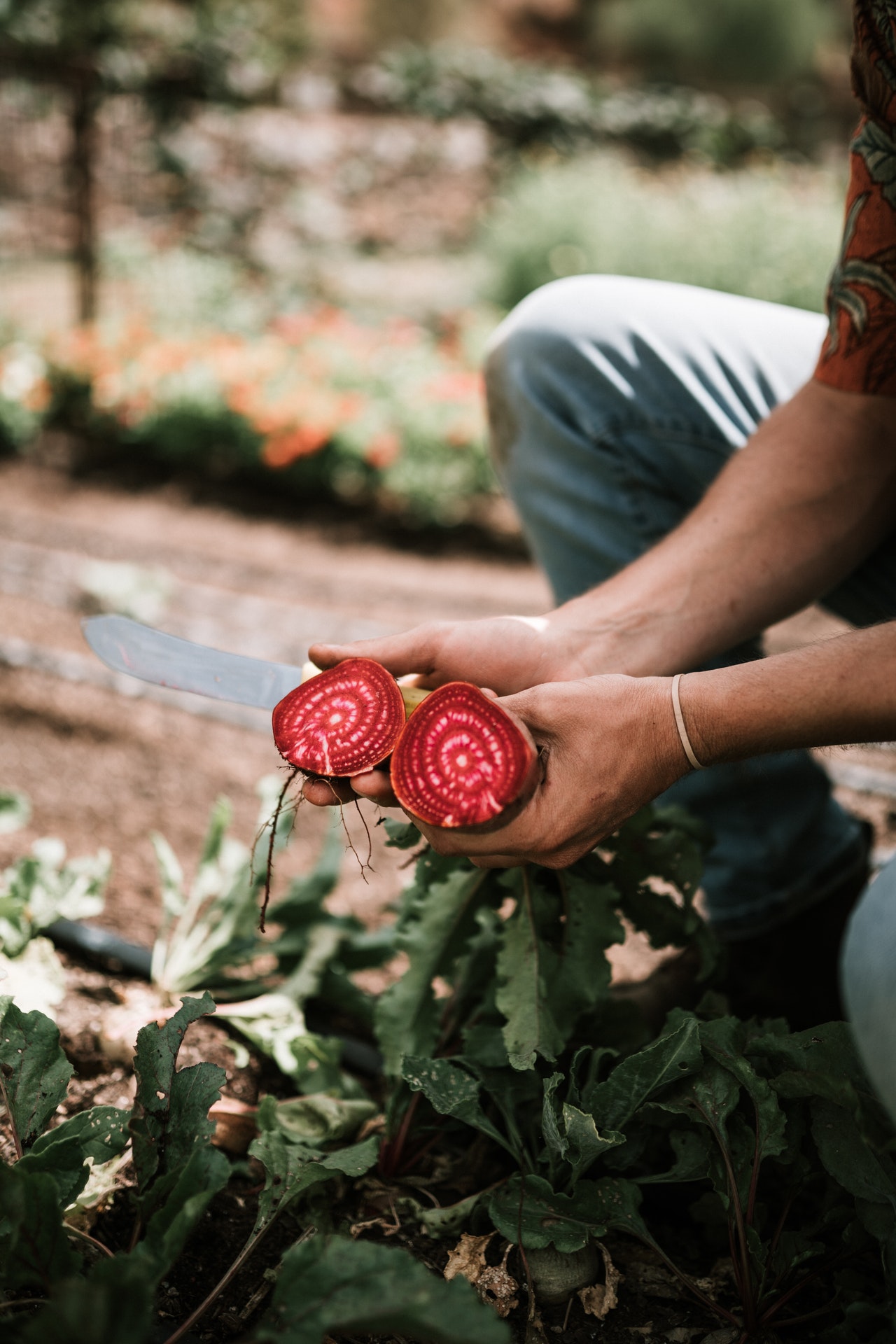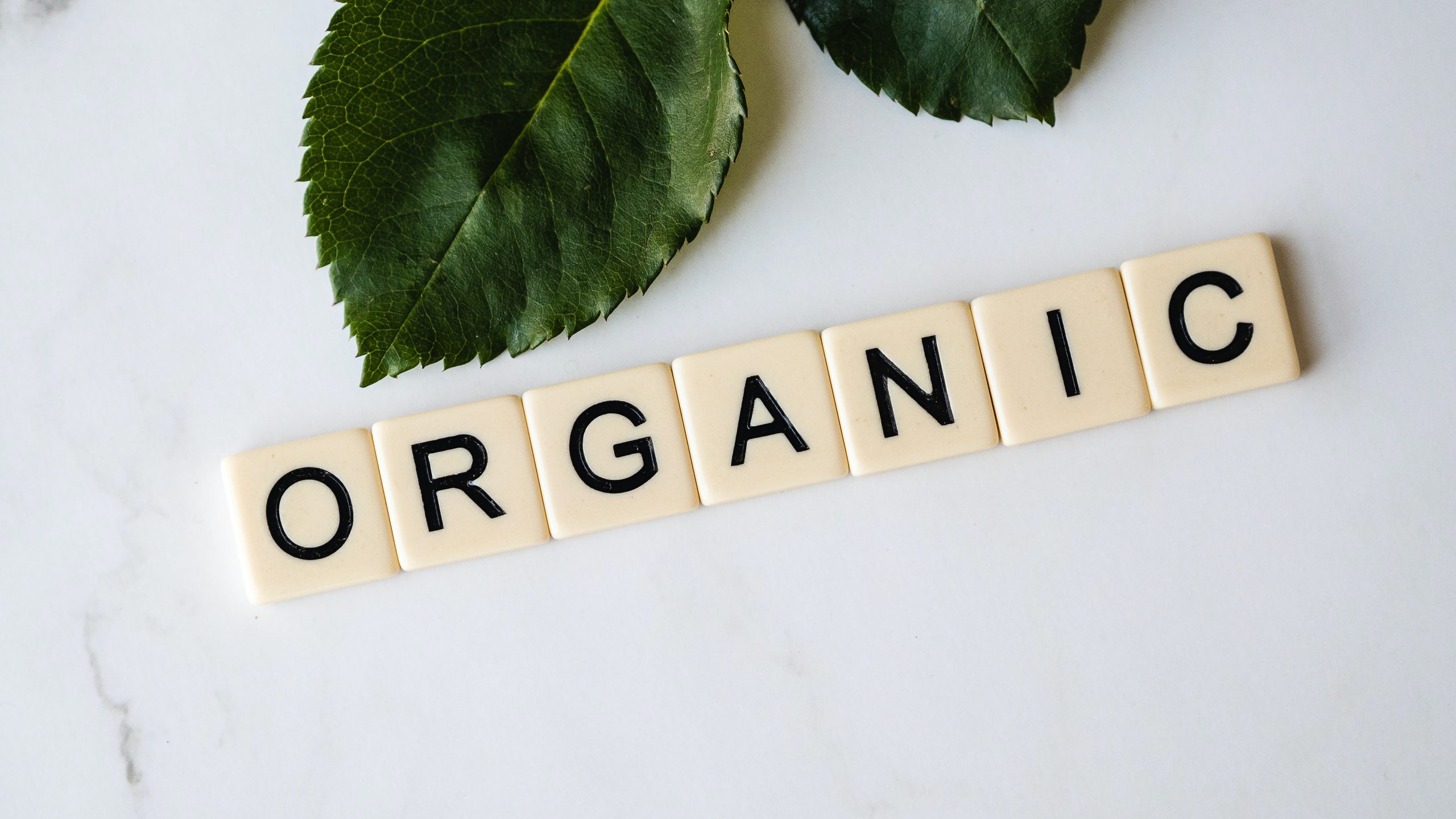Organic food is better for you in a variety of ways. By organic, we mean food grown without the use of pesticides, herbicides, or other synthetic chemicals. The growing of food organically is a little more labour intensive than conventional agriculture, but in return for the extra work, the produce is tastier, healthier, and more nutritious. Organic food is grown using techniques meeting the requirements of organic agriculture. Organic standards vary internationally, but organic agriculture generally features practices that restore biodiversity, support natural balance, and cycle natural resources.
Advantages
One of the ways organic food is better for you is that it’s grown on smaller farms using more natural processes. On smaller farms, chemical-free cultivation techniques used to create fewer soil contaminants. For example, on many dairy farms, manure is sprayed onto the soil to help improve drainage, control insects and facilitate crop rotation. The residue from this manure, in turn, can be used as fertilizer on larger farms. Smaller farms can also benefit from the compost made from the manure.
Another way organic food is better for you is that organic food is usually grown without the use of pesticides or other synthetic chemicals. This means that the pests and diseases that tend to come from using these products aren’t a problem. The absence of pesticides means that pest control isn’t necessary, which can result in less waste, and in turn, reduced food waste.
Growing
Organic food is grown on smaller farms that are, essentially, an aquaponic system. Aquaponics is a form of hydroponic farming where fish are used to feed the plants. Instead of water being sprayed directly onto the plant roots, it is passed through a filter system that traps the pollutants in the water and then circulating it throughout the plants. This reduces the number of pesticides that are used. This doesn’t mean, however, that organic foods are completely pesticide-free – it simply means that there is a minimal amount of chemical usage required.
In traditional agriculture, a variety of different chemicals are frequently used. These can include things such as herbicides and pesticides. Organic agriculture avoids the use of these chemical additives to ensure that the crop is healthy. However, even in organic produce production, pesticides are sometimes used if the crop is not going to be sold for consumption. For instance, some farmers will use pesticides to prevent something such as weeds from growing.

Some people are concerned about the fact that organic food does not contain any synthetic pesticides herbicides or insecticides. This is primarily because many people do not understand how these chemicals are used. These synthetic pesticides and herbicides are known to have many serious health consequences. Many studies have been conducted that have demonstrated their long-term health risks.
One particular outcome of the research was the development of “non-organic agriculture“. Non-organic agriculture refers to the use of chemicals on food crops in order to protect them from pests or to encourage growth. This includes things such as Bt, which is used to protect dairy cows from milk-borne illnesses. Organic farmers who use non-organic agriculture will generally provide higher levels of protection for their food crops than those who use traditional methods.
Pesticide-free
It’s important to note that organic vegetables do not contain the pesticides and herbicides that are commonly used by conventional farmers to keep pests out and encourage growth. This means that there is absolutely no risk associated with eating your vegetables. Organic food, as a result, is a healthier option for you and your family.
The organic seal on organic products helps consumers make the right decision about what they buy. Just like traditional foods, organic products generally contain high-quality ingredients and have been grown without using synthetic pesticides and herbicides. The absence of these chemicals can help to protect you and your family from dangerous side effects associated with artificial pesticides and herbicides.
In addition to the lack of pesticides and herbicides, organic food is also grown without the use of chemical fertilizers. As you probably know, chemical fertilizers are widely used by conventionally-grown food in order to promote the production of food that’s good for consumption. However, the chemicals found in these fertilizers can end up in the water supply and pose a number of serious threats to human health. This is why many grocery stores now offer organic foods in their checkout lanes. The lack of use of these fertilizers helps to ensure that these farmers are not polluting the atmosphere.
Finally
The organic standard requires farmers to be certified when they grow and harvest their food. A certificate of organic farming is given by a third-party organization. Organic certification helps shoppers choose from farmers who follow these stringent guidelines. For example, an organic standard certification usually means that the farmers practice conservation – growing plants in ways that enhance their ability to resist pests and disease without unnecessarily depleting natural resources. By choosing organically certified food, you can ensure that you’re not inadvertently contributing to environmental pollution.


